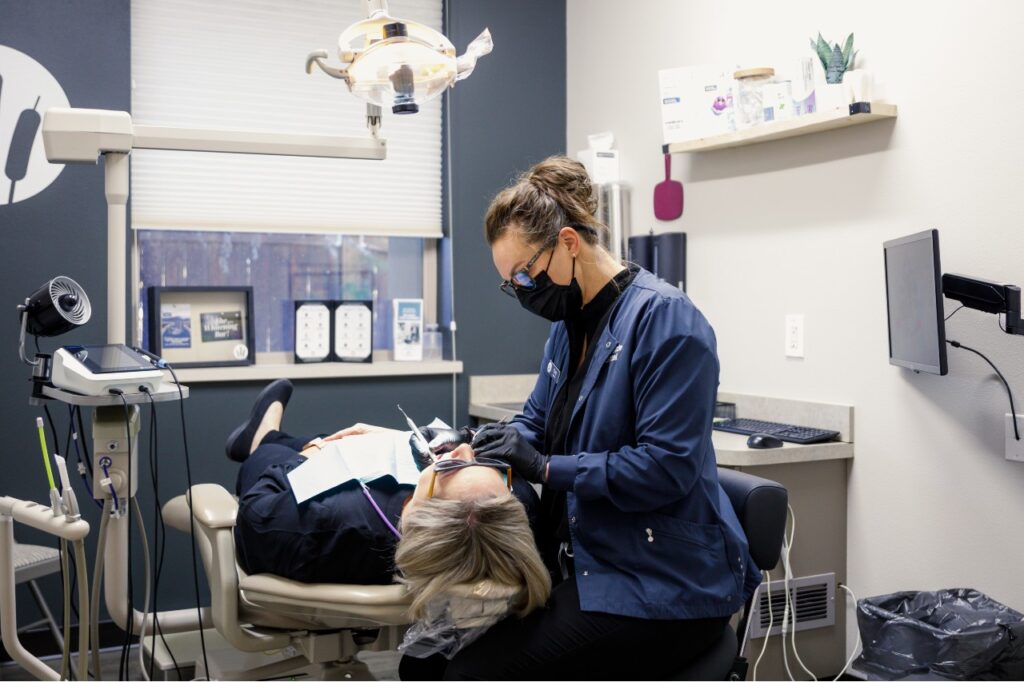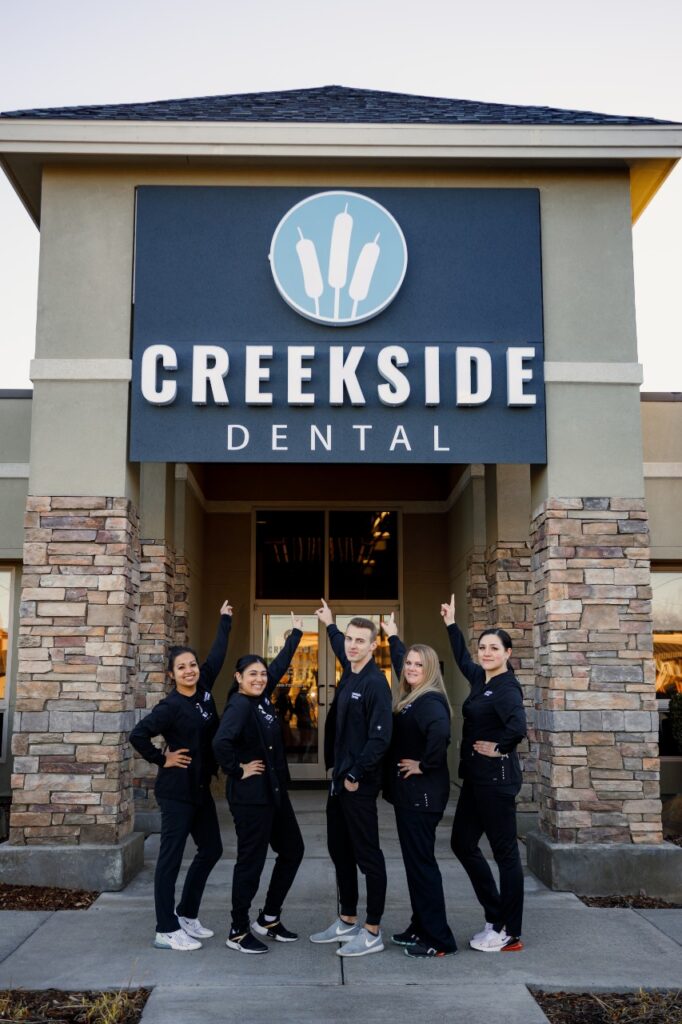Smiling is one of the most natural forms of human expression, but what happens when tooth decay strikes and you’re left with painful and unsightly teeth? In this article, we’ll explore the common causes of tooth decay and provide you with tips on how to prevent the need for tooth repair, so you can continue to flash your pearly whites with confidence.

What Causes Tooth Decay and How Can I Prevent It?
#1: Poor Oral Hygiene
Did you know that over 80% of Americans have at least one cavity by the time they enter their mid-30s? Unfortunately, poor oral hygiene is the primary cause of tooth decay. When you don’t take proper care in cleaning your teeth, food particles and bacteria accumulate on the surface of your teeth, leading to that sticky coating of plaque. However, it doesn’t stop there. That plaque can then harden into tartar, which can only be removed by a dental professional. Over time, the bacteria in plaque and tartar can produce acids that erode the enamel on your teeth, leading to cavities.
Solution: Prevent Tooth Decay with a Consistent Oral Hygiene Schedule
To prevent tooth decay caused by poor oral hygiene, brushing your teeth at least twice daily and flossing at least once daily is essential. You can use fluoride toothpaste to help strengthen your enamel and rinse your mouth with a fluoride mouthwash to kill bacteria and freshen your breath. Plus, make sure to visit your dentist every six months to have them scrape away that hard-to-reach plaque and tartar to prevent build-up.
#2: Sugary and Acidic Foods
Sugary and acidic foods are another significant contributor to tooth decay. When you consume sugary or acidic foods and drinks, the bacteria in your mouth convert the sugars into acid, which can erode your enamel and cause cavities. Some common sources of sugar and acid include candy, soda, fruit juice, and citrus fruits.
Solution: Limit Your Intake of Sugary and Acidic Foods
To prevent tooth decay caused by sugary and acidic foods, the easiest thing you can do is limit your intake of these foods and drinks. While we aren’t saying that you can never have candy or soda, it is vital to only have them on occasion, which will also help with other aspects of your health. Instead, you can choose foods low in sugar and acid, such as dairy products, nuts, and vegetables. If you do consume sugary or acidic foods, rinse your mouth with water afterward to help neutralize the acid.
#3: Health Condition of Dry Mouth

Dry mouth, or xerostomia, is a condition in which your mouth produces less saliva than average. Saliva is an essential component for dental health because it helps wash away food particles and neutralize the acid in your mouth. When you have dry mouth, the lack of saliva can lead to an increase in bacteria and acid in your mouth, which can contribute to tooth decay.
Solution: Drink Plenty of Water or Stimulate Saliva Production
To prevent tooth decay caused by dry mouth, drink plenty of water throughout the day to keep your mouth hydrated. You can also chew sugarless gum or suck on sugarless candy to stimulate saliva production. If you have chronic dry mouth, talk to your dentist or doctor about treatment options; they may be able to provide you with medication or alternative tips regarding your specific health needs.
#4: One’s Personal Genetics
While it may not seem fair, like any health factor, genetics can also play a role in tooth decay. Some people may be more prone to cavities than others due to genetic factors. For example, some people may have a thinner layer of enamel on their teeth or a higher level of cavity-causing bacteria in their mouth.
Solution: Be Diligent with Your Health Care and Tooth Decay Prevention
To prevent tooth decay caused by genetics, we recommend being diligent with your health care and aware of your unique conditions. The best way to avoid or reduce any medical condition is to be knowledgeable and aware of the condition and your experience with it. We also recommend practicing good oral hygiene and visiting your dentist regularly for check-ups and cleanings. Your dentist can also recommend fluoride treatments or dental sealants to help protect your teeth.
#5: Lack of Dental Care & Tooth Repair
Finally, a lack of dental care can also contribute to tooth decay. When you don’t visit your dentist regularly for check-ups and cleanings, plaque and tartar can accumulate on your teeth, leading to cavities and other dental problems. Additionally, dental problems that are left untreated can worsen over time and require more extensive and expensive tooth repair treatment.

Solution: See Your Dentist Regularly
To prevent tooth decay caused by a lack of dental care, schedule regular check-ups and cleanings with your dentist. Your dentist can identify any dental problems early on and provide treatment to prevent them from getting worse. Plus, if you require tooth repair, such as after gaining a cavity or getting a chip, it is vital to get it mended immediately. Tooth repair should always be at the top of your priority list before it snowballs into a long, painful, and expensive recovery. If you are concerned about paying for dental care out of pocket, please review our Creekside Loyalty Plan. We want to ensure our patients have access to affordable, quality dental care.
Tooth Decay Prevention with Your Local Tooth Repair Specialists – Creekside Dental
Dental care should always be a priority for you and your family. If you are looking for a dentist in the Kennewick area, Creekside Dental is here to help. We offer a wide range of dental solutions under one roof, from preventive dental care to restorative and cosmetic treatments. To book your first appointment, please complete our contact form or call our office at 509-737-0327.
